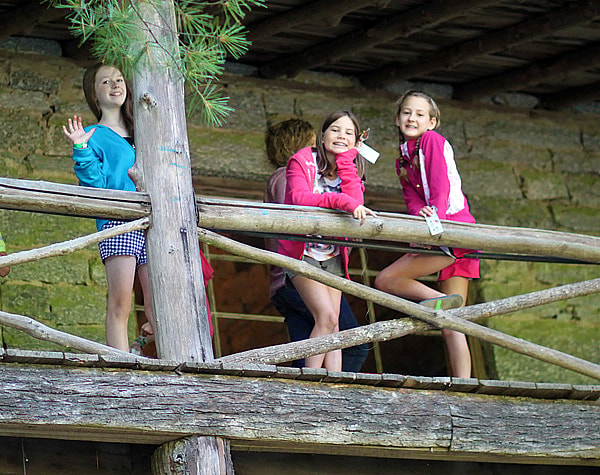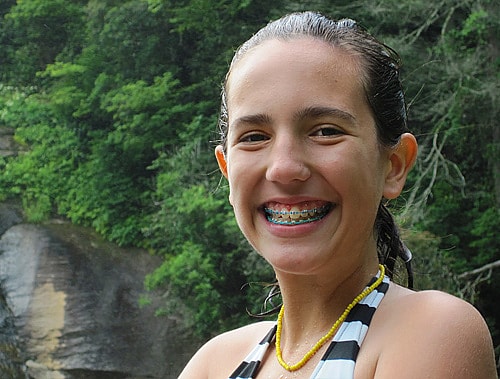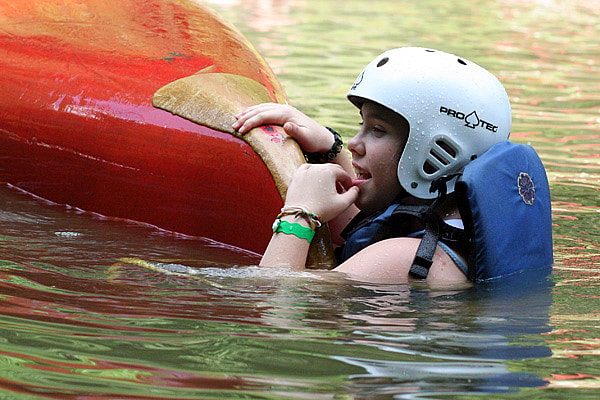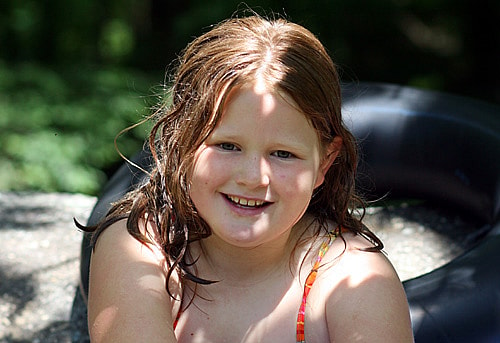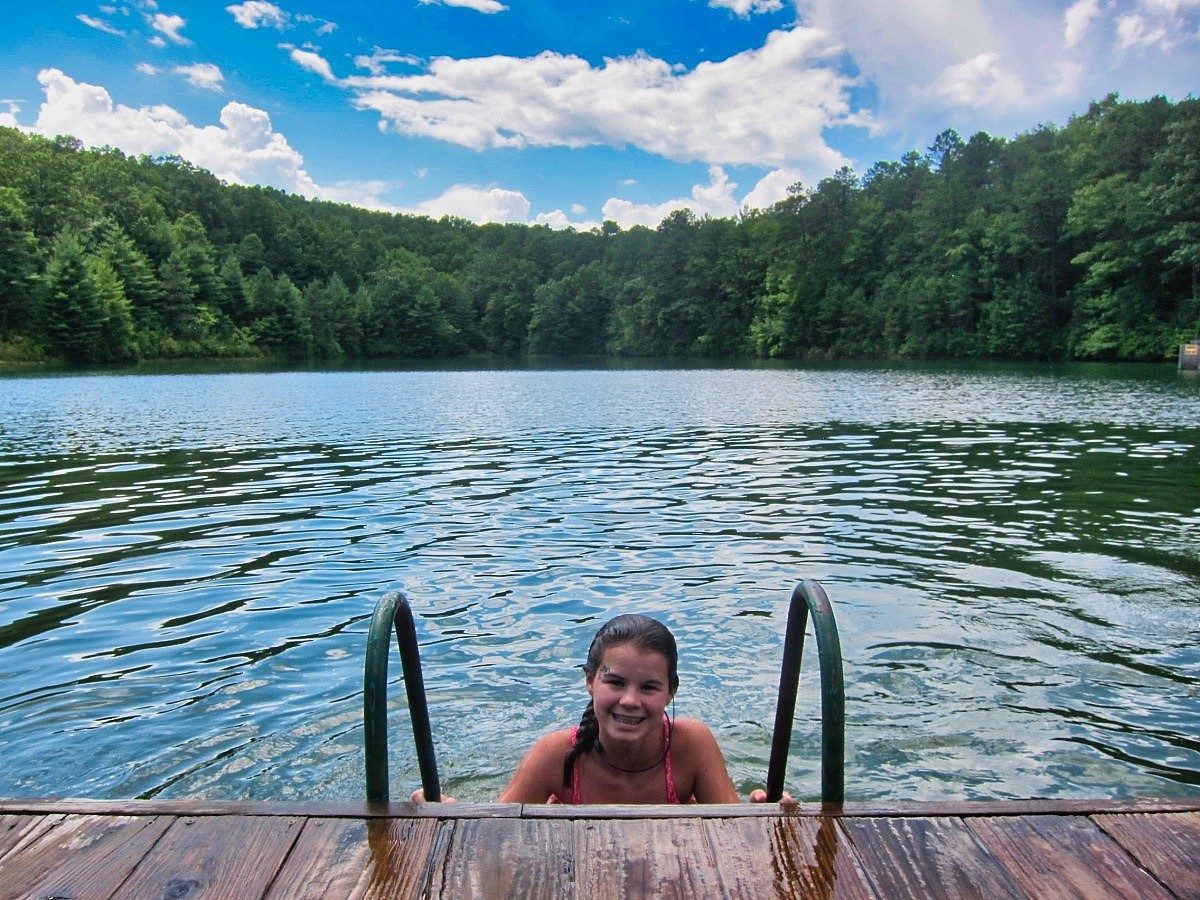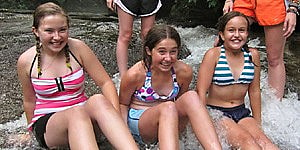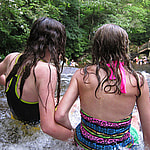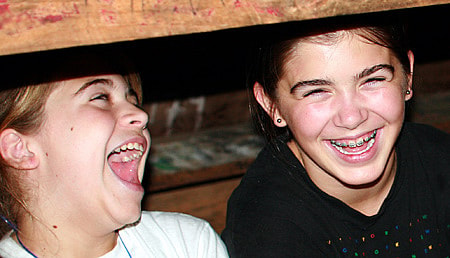“Sending kids to camp allows children to grow and learn good citizenship, social integration, personal development and social development, exploring his or her capabilities and being in a safe environment where they can grow, gain independence and take risks.”—Troy Glover, the director of the University of Waterloo’s Healthy Communities Research Network
It’s pretty easy for those who have attended camp to speak enthusiastically about how much it’s meant to them. Campers themselves are full of glowing stories about their summer camp experiences, but even adult camp alumni, many years later, can trace aspects of their personal success back to their time at camp.
For others, though, how camp provides these important benefits, and what types of benefits to expect from a summer camp experience, are not apparent. It was this fact —the general public’s unawareness of what makes camp great for children— that prompted a team of Canadian researchers to study and evaluate the impact of a camp experience.
Working with camp directors, staff, campers and camp alumni, the researchers conducted surveys and compiled observations focused on what a summer camp provides and how that affects children over their time at camp.
The research aimed to demonstrate and understand the initial, intermediate, and long-term value of the summer camp experience, and found several significant outcomes. Most importantly, the study was able to pinpoint what “children first learn at camp, what they do with that learned material and what impact it then has on who they become.” The researchers were able to identify 5 main areas of this growth.
Social Capital Risk Taking Environmental Attitudes Physical Activity Cultural Capital
There is, of course, quite a bit to explain about each of these areas, so I encourage you to read more about the study’s findings on their site.
This is exciting stuff! We’ve often discussed the benefits of camp for children, so it’s nice to see this kind of organized, methodical verification. Now spread the word! Let’s help others understand how uniquely “camp is a place for kids to grow.”


